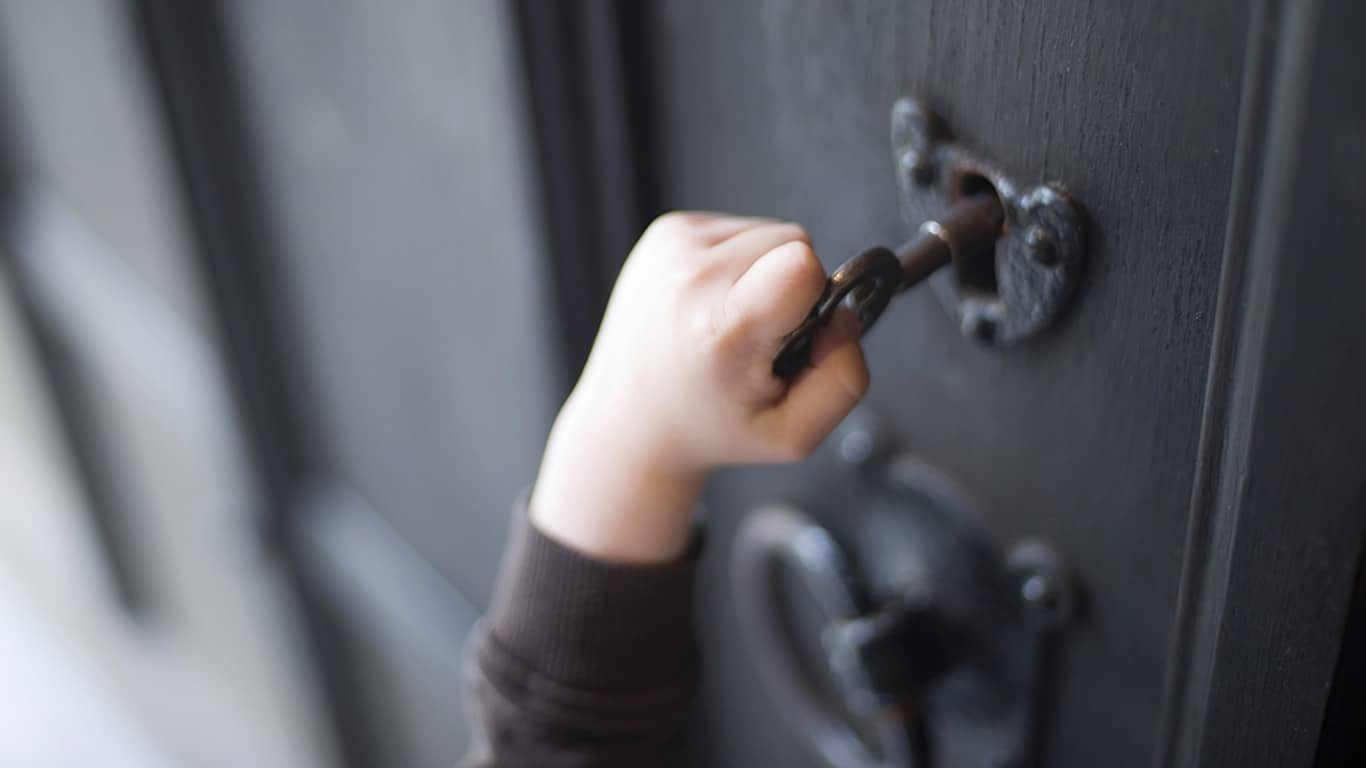By an anonymous Groves mom
“We’d been gambling, squandering everything we had on sure things that never came through, and all at my son’s expense.”
The day I learned my son had a learning disability, we were walking out of his previous school’s Halloween parade (or slinking… he was a caterpillar that year).
I should have known long before that.
By then, I already knew that school was the place he dreaded more than any other. I knew how far behind and kicked to the side he felt every single day. I’d sat in the clinic waiting rooms and doctor’s offices. And yes, I was listening when the neuropsychologist laid it all out for me: my bright and beautiful third-grader couldn’t read because he had a learning disability. School wasn’t working for him. What’s more, she added, the anguish and tears that erupted every evening over homework weren’t helping; they were scarring us both. My son was sinking under the weight of his shame, failure, and deepening loneliness. His potential—and his own dreams for the future—were slipping further and further out of his reach.
She spoke in a way that was both urgent and tender. She talked about Groves Academy, encouraging me to try there. But sitting across her desk, with tears making little puddles on the sheets of paper I’d brought for notes, I could only hear one thing: that I had failed him.
If he was so bright, why couldn’t he learn to read where he was?
I left her office understanding I had to do something different. But I was still the mom who believed we could achieve anything, as long as we invested enough effort, as long as I kept believing. If that meant pushing and pulling my son over every hump and hill toward the finish line, until he could cross it on his own, so be it. We’d work harder, I told myself. I’d advocate more compellingly. I’d buy better homework aids.
The list of all the ways I could do better kept growing in my head.
In the meantime, we were going to enjoy the Halloween parade, that one school day of the year, free of academic pressures, that he got to strut and shine, in a costume of his own invention. But that afternoon, even the pride and excitement that should have come with being an amazing, green caterpillar (made out of bubble wrap and giant cardboard tubes) was completely overshadowed by his unbearable, accumulated sadness at school. The caterpillar cried in my arms that afternoon, as his classmates marched through the halls to Monster Mash. Afterward, we quietly made our crafts, ate some candy, and headed for home.
It was there, on the sidewalk, that I finally understood.
We were making our way toward the car, admiring all the yards decorated with skeletons and ghosts and giant pumpkins. One lawn had a huge, gray tombstone that said “RIP,” and a bunch of little signs, scrawled with things like “Boo!” and “Beware.” Suddenly, my son’s face lit up. “Mama, I can read that!” I will never, ever forget the look on his face. So full of hope, as we stood there in the cold. I felt it, too. Surrounded by context, and clues, and super short words, how could he not read them?
This was a sure thing.
Carefully, he bobbed his finger up and down in the air as if he were tracing each syllable. Then with cautious confidence, he pronounced, “Happy Halloween.”
I didn’t even correct him. For one thing, I was trying really hard not to cry. My desperate, increasingly fragile son had no idea that none of those words said Happy, none of them said Halloween. But also—finally—I saw how pointless all of my “helping” and “correcting” and “believing” had been.
They weren’t investments at all. We’d been gambling, squandering everything we had on sure things that never came through, and all at my son’s expense.
So I did it: I pushed past my bias and my fears that a place like Groves was out of our reach, and I reached anyway.
I went into that first meeting at Groves on a fact-finding mission. But the relief it brought was immediate. For the first time, I felt like someone recognized my son. For the first time, the conversation didn’t whittle him down to a set of test scores in need of fixing. Instead, the focus was on the kind of life, and school life, and sense of belonging he needed. The school experience he could have there was described in both educational and whole-child terms. And from the moment we began talking, I felt understood. (Still worried, still very wobbly. But heard.)
That was four years ago.
Today, my son is an enthusiastic reader. But that’s not the biggest miracle. Today, my son is no longer an outcast. He’s part of a community, surrounded by teachers who are trained to deliver the education he needs, but—and this is the single most important part—who are hired for strengths that can never be trained: compassion, patience, and the ability to peer deep down, past the rubble heap of worry and hopelessness and find the light inside each child. They start there.
Today, my son goes to school every morning, believing his teachers love him and believe in him, and know how to teach a kid like him. And because of that, today, he believes in himself. Today, his dreams are back within his reach.
NEVER MISS AN UPDATE
Don’t forget to sign up for our news and blog updates in the purple box below- and follow us on social media so you don’t miss a thing.
LinkedIn | Facebook | YouTube | Twitter | Instagram
Share your news, success story, or meaningful moment about Groves through our online form.

